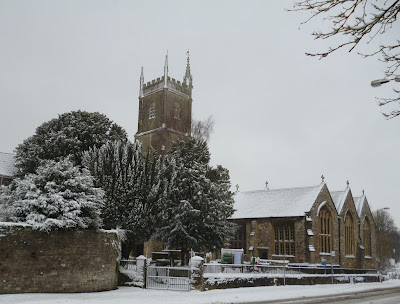It seems that today is the 200th anniversary of the first publication of one of my favourite books; Jane Austen's Pride and Prejudice.
I first read this fantastic story to coincide with the BBC's adaptation in 1995, starring Colin Firth and Jennifer Ehle, and I was hooked. This adaptation is still my favourite and I've seen it so many times that I know it by heart! This weekend I've been having a bit of a P&P fest - I've watched the BBC version, the Bollywood style Bride and Prejudice and the more recent Keira Knightly version as well as re-reading the book.
I recently helped a student studying for her English Literature GCSE (in
my other life, when not crafting, I offer tuition in English). She'd
read Pride and Prejudice in class and was preparing for her final
exams.
I think I was very lucky that I never studied this book during my GCSE, A-level or degree level literature courses since I'm sure I wouldn't enjoy it so much if I'd had to pick it to pieces. In fact, I haven't read Mansfield Park since studying it as an A-level text yet I revisit Pride and Prejudice, Persuasion and Northanger Abbey regularly.
In many ways, it is a strange choice for a GCSE text. For one thing it's
quite long - there's so much material to work with and it's
very hard to find the quotes, even when you know they're in there somewhere!
Another huge hurdle I found was that, intrinsic to the story (and our understanding of the characters' motives and choices) is a way of life that's becoming increasingly alien to the young people of today. It's hard for them to understand many of the concepts that permeate the novel: the role of women in society; the choices available to people; the obsession with marriage; the importance of fortune and making a good match; the concept of the old maid; the restrictions on behaviour; the importance of honour and respectability; and the hierarchy of social class. There's a huge amount of work needed to truly understand the background to this novel.
Another thing, that I noticed for the first time during our discussions, is just how often Jane Austen chooses to use reported speech. She barely lets some of the characters speak at all. She regularly cuts Mr Bingley off with an "etc" suggesting that what he's saying has little or no importance to the story. And whole tracts of conversation, that I remember from various adaptations, don't exist at all! Even Mr Darcy's famous first proposal is told almost exclusively from Elizabeth's point of view. It's no wonder the BBC adaptation ended up as six episodes each an hour long. It must have been a nightmare trying to create the right words to live up to Jane Austen's purpose.
It's good fun to be analysing texts again, something I haven't done since I finished university, and to re-read an old favourite with a critical eye is very enlightening. I'm beginning to notice Jane Austen's subtle (and sometimes not-so-subtle!) manipulation of the reader. I've noticed passages that seem to be in her voice, passing judgement on a situation. I've noticed details that I glossed over before.
I really hope that the next generations continue to find ways to connect with Jane Austen's work so that Pride and Prejudice doesn't end up one of those books that they studied and hated at school.
Anyway, I've just reached the bit where Elizabeth and her aunt and uncle are visiting Pemberley. So I'm going to join them, over a nice cup of tea.














































